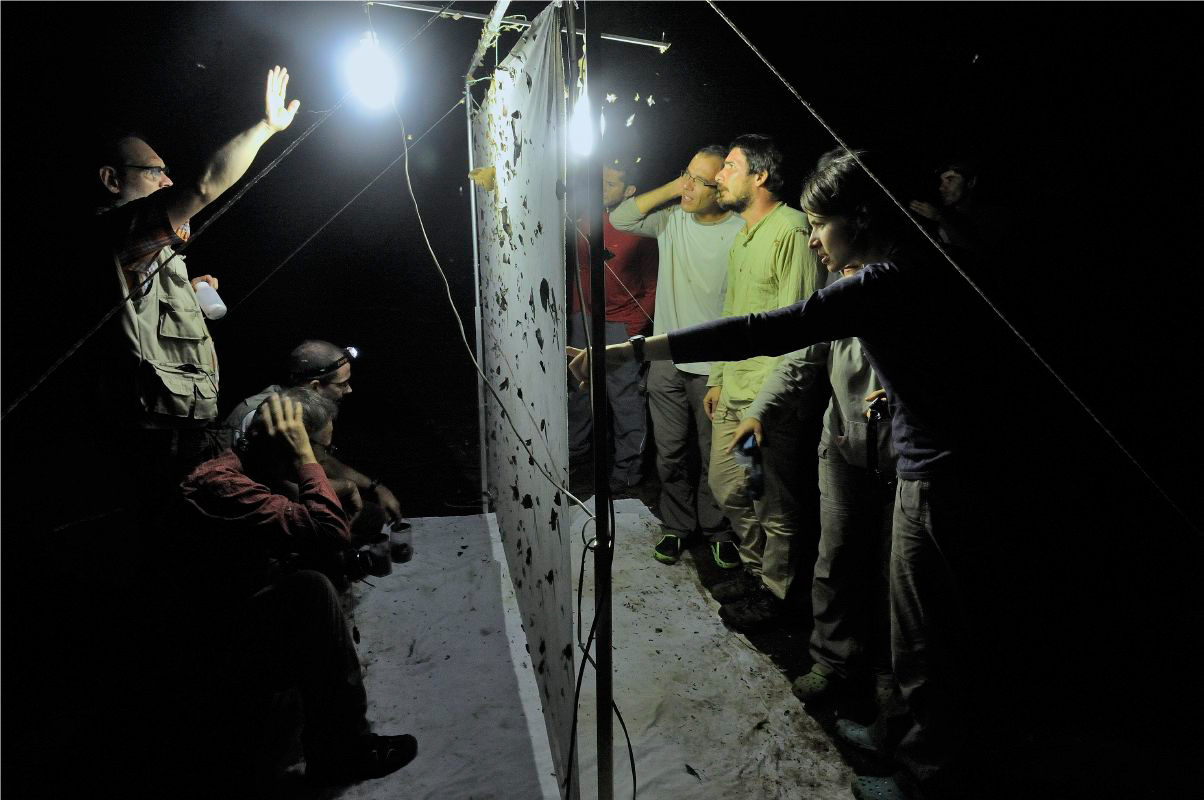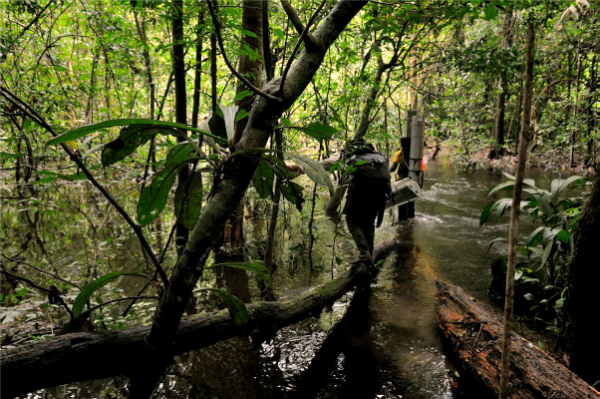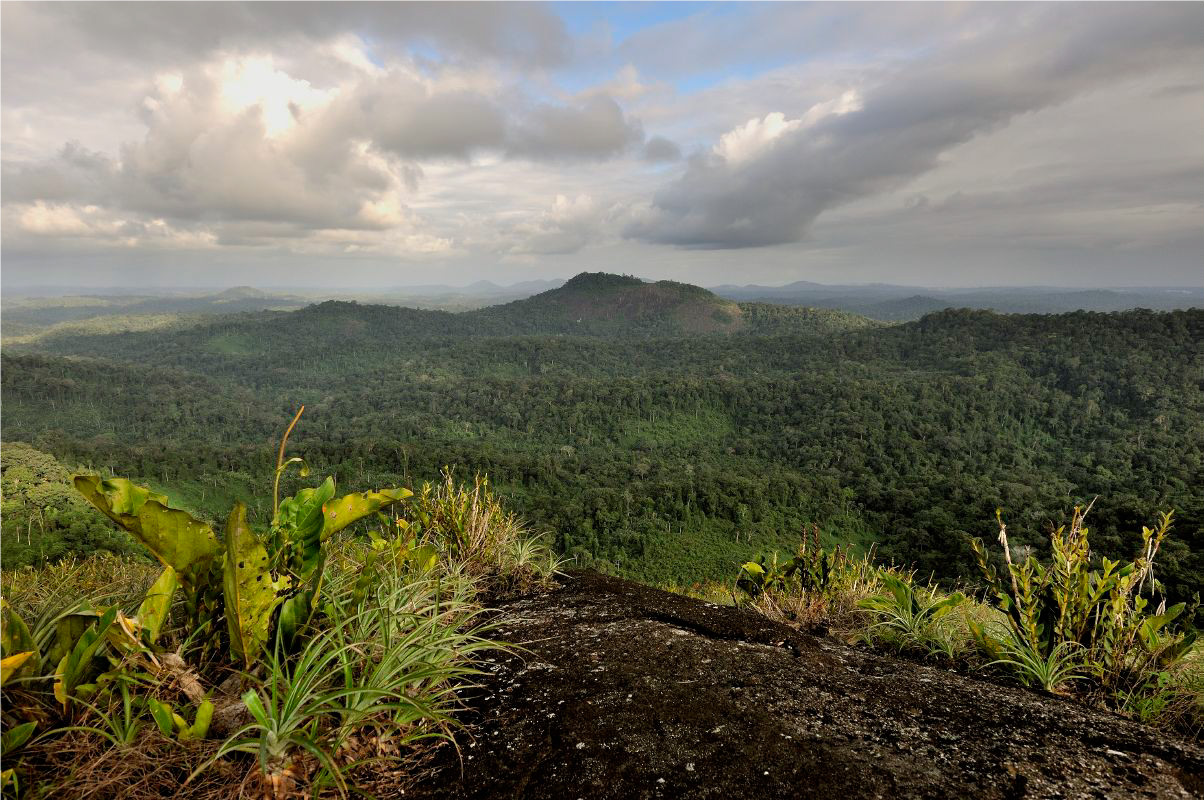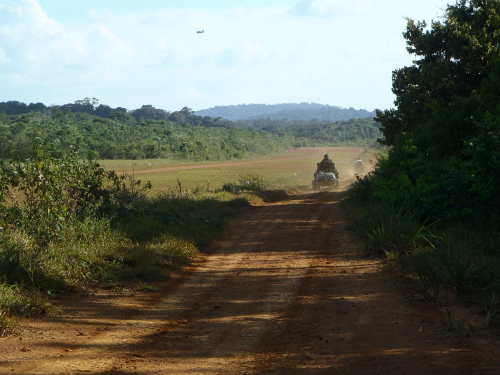Plant-Insect Interactions and Beta-Diversity of Amazonian Tree Lineages
In the lowland Amazon, we observe substantial turnover in tree species composition across the landscape, especially among terra

Functional Traits and Community Assembly


One of our major objectives is to describe functional strategies of tropical trees and their relationships with species performance and distributions. We want to better understand the processes contributing to community structure and ecosystem function. For this, we sampled leaves and wood from over 5000 trees and measured functional traits related to resource acquisition, growth and defense. This project represents the largest databases for DNA, functional traits and
In collaboration with international teams, we are describing whole plant level variation in functional traits, including root and stem tissue densities, anatomy and chemistry. Using samples collected from permanent plots we have installed in lowland forests of Peru and French Guiana, we are seeking to test for coordinated allocation strategies among tissue types and the consistency of this relationship across habitats differing in resource availability and herbivore pressure. Further, in collaboration with teams from Berkley, we are expanding our investigations of plant chemical defenses beyond the presence-absence data of volatile molecules to a total metabolite approach for several widespread Amazonian tree lineages (Bombacoideae, Protieae, Swartzia, Inga, Micropholis, Eschweilera).
Integrative Studies of Socio-Ecological Resilience, Conservation and Development
In collaboration with the University of Florida and a consortium of local partners, we have worked since 2005 to address impacts of the highway paving in the southwestern Amazon in Peru, Bolivia
We work with botanical teams at three participating universities in Puerto Maldonado, Peru (UNAMAD); Cobija, Bolivia (CIPA-UAP); and Rio Branco, Brazil (UFAC) to build student teams that have now established more than 75 new permanent plots in the region. We are integrating this information with the remote sensing and interview data to test for effects of connectivity to population centers on forest structure and biomass, commercial resources, and species composition.

